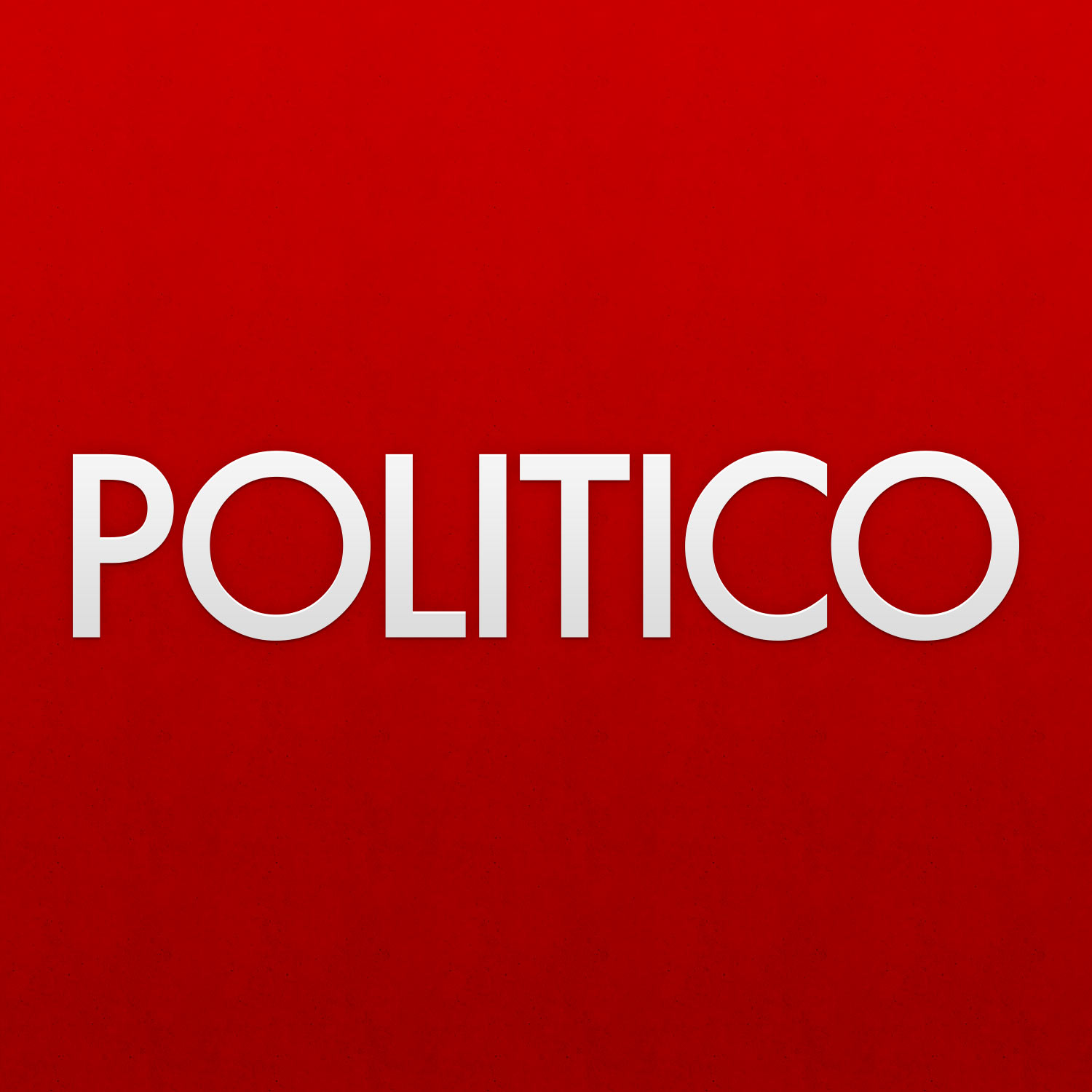In case you haven’t heard, people are this close to leaving Twitter.
In the weeks since Elon Musk took over the platform, his erratic leadership and bewildering choices have alienated many of Twitter’s power users, a core crop of whom are part of the American political establishment. Musk has upended the service’s handling of verification, opening the door to fraud. And he’s fired many of the people, analysts argue, who kept spam, bots and hate speech from running rampant on the site. And so, some of Twitter’s best-known are promising to leave for the greener pastures of Mastodon, Instagram and TikTok.
But leaving a communications channel that’s become central to how Washington works won’t be easy...
All of these tiny functions make Twitter the connective tissue in a place that thrives on who knows whom. And many in the city are balking at the idea of losing “the sedimentary build-up of useful connections” in the words of Dave Karpf, an associate professor of media and public affairs at D.C.’s George Washington University who studies political communications.
Karpf knows firsthand. Three years ago, Karpf was moderately known in progressive political circles, including as the author of the 2012 book The MoveOn Effect: The Unexpected Transformation of American Political Advocacy. But on the national stage he was, by his own self-admission, an “obscure professor.”


